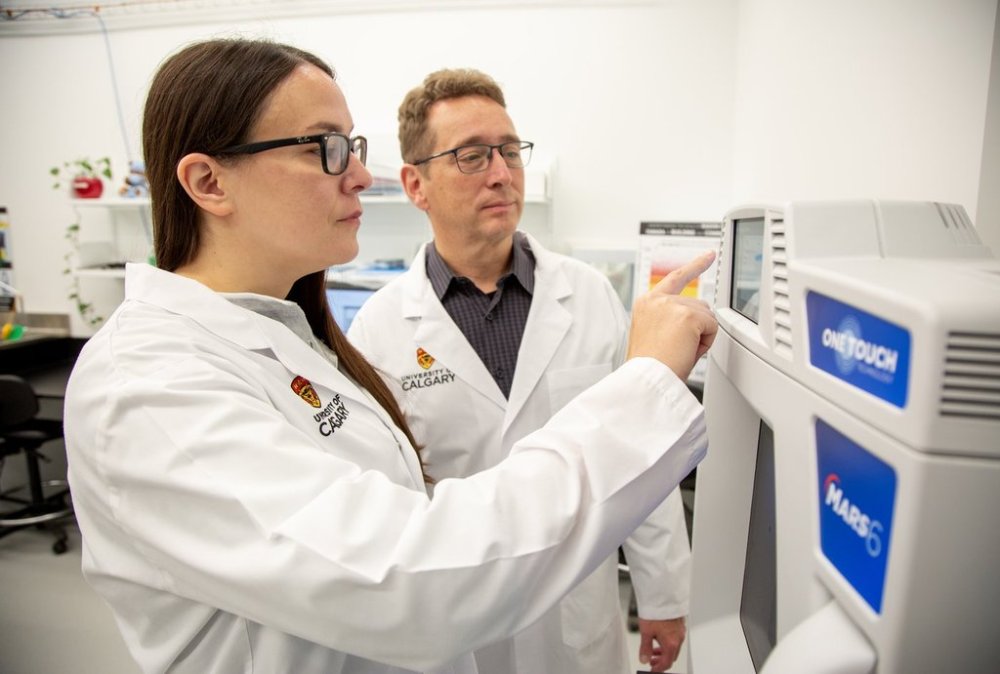Calgary researchers collecting toenail clippings for cancer research
Advertisement
Read this article for free:
or
Already have an account? Log in here »
To continue reading, please subscribe:
Monthly Digital Subscription
$1 per week for 24 weeks*
- Enjoy unlimited reading on winnipegfreepress.com
- Read the E-Edition, our digital replica newspaper
- Access News Break, our award-winning app
- Play interactive puzzles
*Billed as $4.00 plus GST every four weeks. After 24 weeks, price increases to the regular rate of $19.00 plus GST every four weeks. Offer available to new and qualified returning subscribers only. Cancel any time.
Monthly Digital Subscription
$4.75/week*
- Enjoy unlimited reading on winnipegfreepress.com
- Read the E-Edition, our digital replica newspaper
- Access News Break, our award-winning app
- Play interactive puzzles
*Billed as $19 plus GST every four weeks. Cancel any time.
To continue reading, please subscribe:
Add Free Press access to your Brandon Sun subscription for only an additional
$1 for the first 4 weeks*
*Your next subscription payment will increase by $1.00 and you will be charged $16.99 plus GST for four weeks. After four weeks, your payment will increase to $23.99 plus GST every four weeks.
Read unlimited articles for free today:
or
Already have an account? Log in here »
CALGARY – Calgary researchers want your toenail clippings.
The pesky, razor-sharp slices that end up in a dusty corner, or stuck to the bottom of your feet, are needed for a lung cancer pilot study.
Dr. Aaron Goodarzi from the University of Calgary says measuring radioactive lead in toenails can help estimate long-term exposure to radon.

The colourless, odourless, radioactive gas forms naturally when certain metals break down in rocks, soil and groundwater, and it goes through cracks and gaps in buildings and homes.
It’s the second-leading cause of lung cancer in Canadians, especially for those who don’t smoke.
“After you inhale radon, it quite quickly transforms into a specific type of radioactive lead. Your body treats radioactive lead from radon like it does all lead and stores it in slow-shedding tissues such as the skin, hair and nails,” Goodarzi said in a news release Wednesday.
The Canadian Cancer Society-funded project is hoping to recruit 10,000 Canadians — and their toenails.
Participants must test their homes for radon and send in their toenails for analysis.
“If this validation trial works, it could transform the future landscape of cancer prevention in Canada,” Goodarzi said.
“The data will form the evidence that could lead to the inclusion of more patients, whose lung cancer is not caused by tobacco smoke, in potentially life-saving early screening and diagnosis.”
This report by The Canadian Press was first published Oct. 8, 2025.

